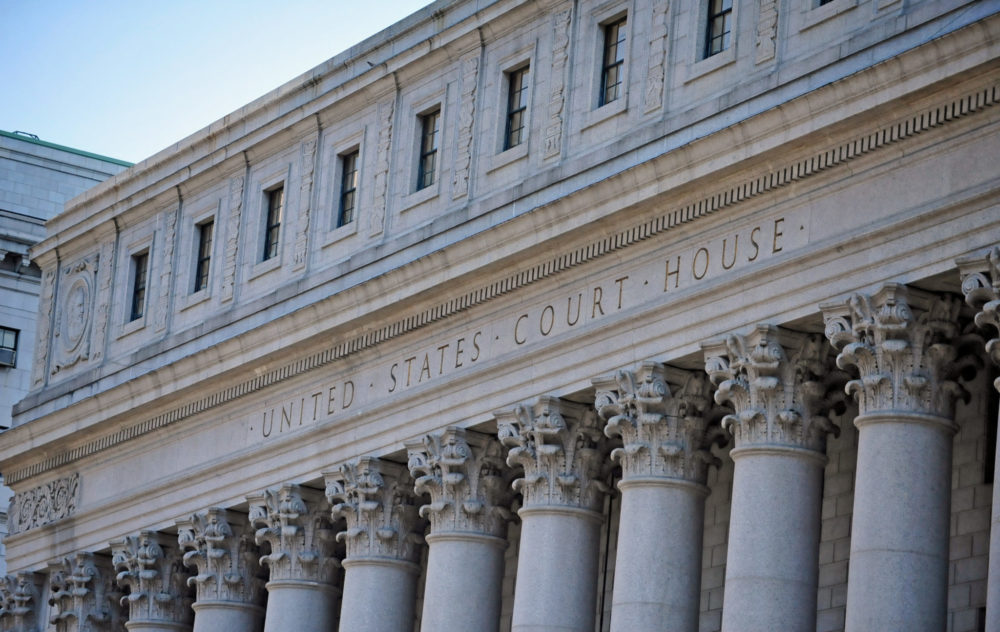In a major victory for LGBTQ employment rights, the United States Court of Appeals for the Second Circuit ruled yesterday that federal anti-discrimination law protects lesbian, gay, and bisexual employees against workplace discrimination based on their sexual orientation.
The case, Zarda v. Altitude Express, Inc., involved a skydiving instructor, Donald Zarda, who alleged that he was fired because he was gay, in violation of Title VII of the Civil Rights Act of 1964. Title VII explicitly bans discrimination “because of…sex,” but does not explicitly ban discrimination based on sexual orientation. Federal circuit courts have split on the issue of whether sexual orientation discrimination is necessarily a form of sex discrimination prohibited by Title VII. The United States Supreme Court recently declined to hear a case that would have required it to resolve this question.
Overruling its own precedent on the issue, the Second Circuit yesterday determined, in a 10-3 en banc decision, that Zarda stated a valid claim of discrimination because discrimination based on sexual orientation is, in fact, discrimination “because of…sex,” in violation of Title VII. The court identified three separate legal theories that support this conclusion: (1) because sexual orientation is defined by one’s sex in relation to the sex of those to whom one is attracted, it is impossible to discriminate on the basis of sexual orientation without discriminating based on sex; (2) sexual orientation discrimination is based on assumptions or stereotypes about how members of a particular sex should be, including to whom they should be attracted; and (3) sexual orientation discrimination is a form of illegal “associational discrimination” based on an employer’s opposition to an employee’s intimate associations with members of a particular sex.
Notably, the court rejected contrary arguments brought by the Department of Justice, dealing a blow to the Trump administration’s ongoing efforts to undermine LGBTQ rights.
The decision means that employees within the Second Circuit—which includes New York, Vermont, and Connecticut—now have clear protection against sexual orientation discrimination under federal law. The Seventh Circuit (encompassing Wisconsin, Illinois, and Indiana) is the only other federal circuit court that has interpreted Title VII to prohibit sexual orientation discrimination.
A Better Balance was proud to sign an amicus brief in support of Zarda, authored by our partners at the ACLU and NYCLU, advancing the same legal theories adopted by the court. We also recently signed on to amicus briefs in similar cases currently before the Eighth Circuit Court of Appeals and the Missouri Supreme Court. We are optimistic that there too logic, and fairness for LGBTQ workers, will prevail.








